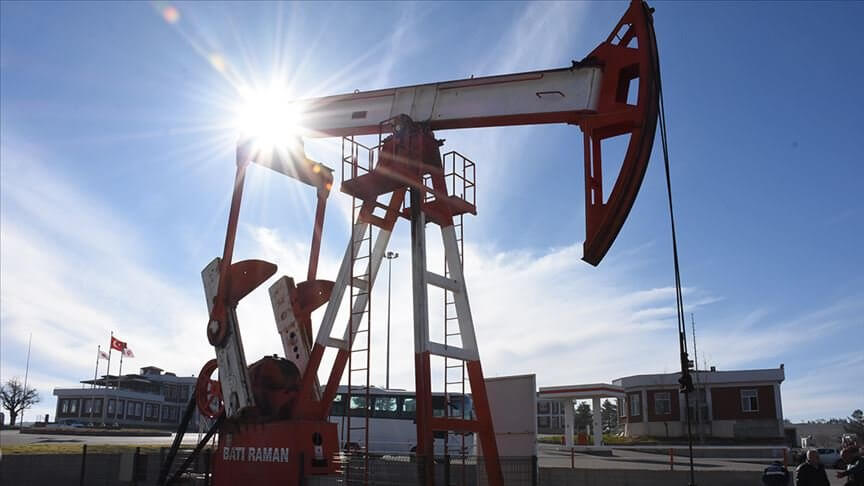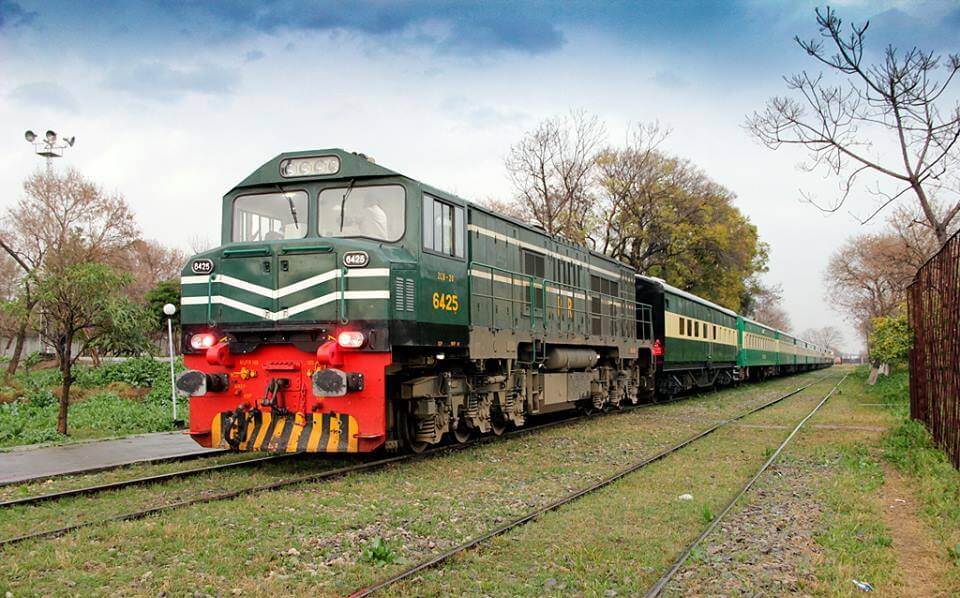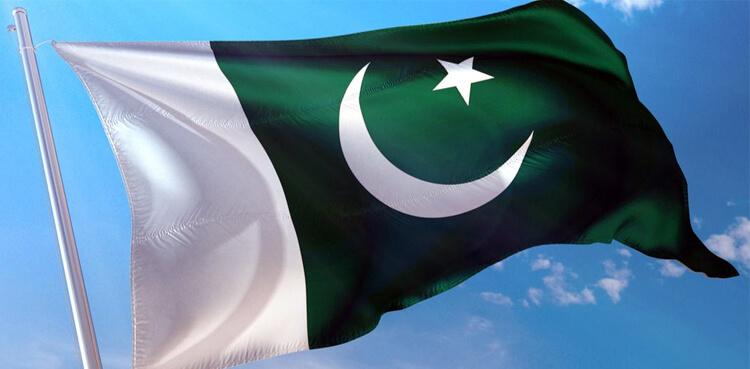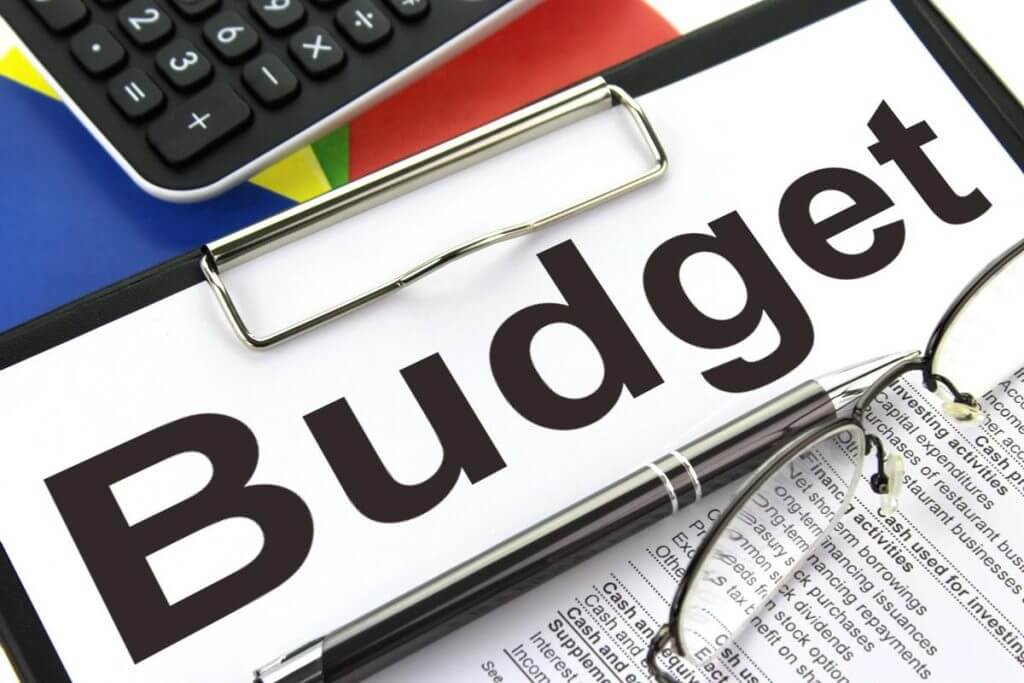Islamabad: In a risky move, the Ministry of Petroleum tries to buy oil at a cost of $8-15 per barrel higher than the current low price to hedge about 20% of its overall oil imports and pass the higher price on to consumers.
In a description sent to the cabinet’s Economic Coordination Committee (ECC), the petroleum ministry advocated that the proposal should hedge some portion of Pakistan’s exposure for imports of petroleum products directly or indirectly linked to crude prices.
This includes fuel oil, gasoline for the engine, diesel for high speeds, and LNG. In consultation with the Standard Chartered Bank, Citibank, Habib Bank, and JP Morgan, the plan has been finalized.
A former Pakistan State Oil (PSO) managing director said the proposal would mean that Pakistan and its customers would not take full advantage of the current market crash for petroleum products and LNG while some smart hedge managers would run away with a fast buck.
Also Read: Axact is Back in Business of Selling Fake Degrees, Claims Former FBI Agent
He said a better idea would be to enable oil companies, particularly the PSO, to transfer a part of their purchases to the spot market to take full advantage of a balanced basket with low prices. The proposed $8 and $15 barrel-hedge tag is too big.
On the other hand, the petroleum ministry said all the above-mentioned banks had advised Pakistan to begin with covering 15-20pc exposure, and then consider it. The bankers also provided price indications but said the cost of a hedging system went up in a competitive market as prices shifted hour after hour. They recommended not to try to time the market’s bottom and wait for a certain amount of price stability.
The Ministry of Petroleum has been seeking approval for a one-year call option for 15 million barrels of crude, divided into 12 equal monthly quantities, for a strike price of $8 above current Brent as long as the premium is within a reasonable range. For two years it has tried to have another call option for 15 m barrels of crude, divided into 12 equivalent monthly numbers, for a strike price above current Brent of $15 as long as the premium is within a reasonable range.
Also Read: Multi-Billion Rupee Scam in Pakistan’s Auto Sector
The ECC was asked to authorize the PSO as counterparty and the Ministry of Finance to offer an output guarantee from the PSO. At the same time, a group, headed by the finance secretary and comprising the energy, law, and planning secretaries, plus the PSO’s managing director, should be informed of finalizing the call options with selected banks. Final approval would require short notice to receive ECC approval.
The ECC has also been asked to give Ogra policy guidance to include the monthly price of the option in the cost of LNG or any other oil product chosen in the announcement of the monthly price.
Pakistan ‘s overall imports are about 175 m barrels of oil equivalent per annum. This includes total annual crude imports of 68 m barrels, 45 m barrels of petrol, 19 m barrels of high-speed diesel, and 6 m tons of LNG contracts for a term.
The Ministry of Petroleum has advised for two years to aim hedging about 9pc per year which translates into about 30 m barrels of call options. The call option is a financial instrument exercise under which the amount received can be allocated to any particular product in order to keep its pricing fixed at the ceiling for the hedged period if the price goes above the call level. However, as only government agencies are involved in the LNG business, while private firms are involved in refineries and OMCs, it would be easier to assign this to LNG. This will also help to restore the LNG price synthetically to the sustainable level, it argues.
The ministry said it measured call option when Brent was about $35 a barrel; they were within the range of $3 m a month for the first option with a strike price of $45 and $5 m a month for the second option with a strike price of $50 if completely charged upfront. If they get divided into monthly payments, the installments would have a slight financing expense.
The ministry has suggested this option, saying that this would allow Ogra to pass the cost of this option in the monthly fuel procurement, whether LNG or oil products, besides not having to pay upfront. However, either directly with the Ministry of Finance or with the PSO, but guaranteed by the Ministry of Finance, the agreement between the banks in this instance is. In either case, the PSO should pay the actual expense because it will be able to recover in the price of the commodity.
Currently, Brent is in the $20-25/bbl range. Since the prices of the call options differ with Brent ‘s prices every day, the petroleum ministry has sought the ECC ‘s approval for a range of call option rates, so that the finance ministry can lock it on the day that the relevant banks placed an appropriate offer on the table. A xed acceptance of rates would become obsolete when the market shifts the next day.


























Leave a Reply